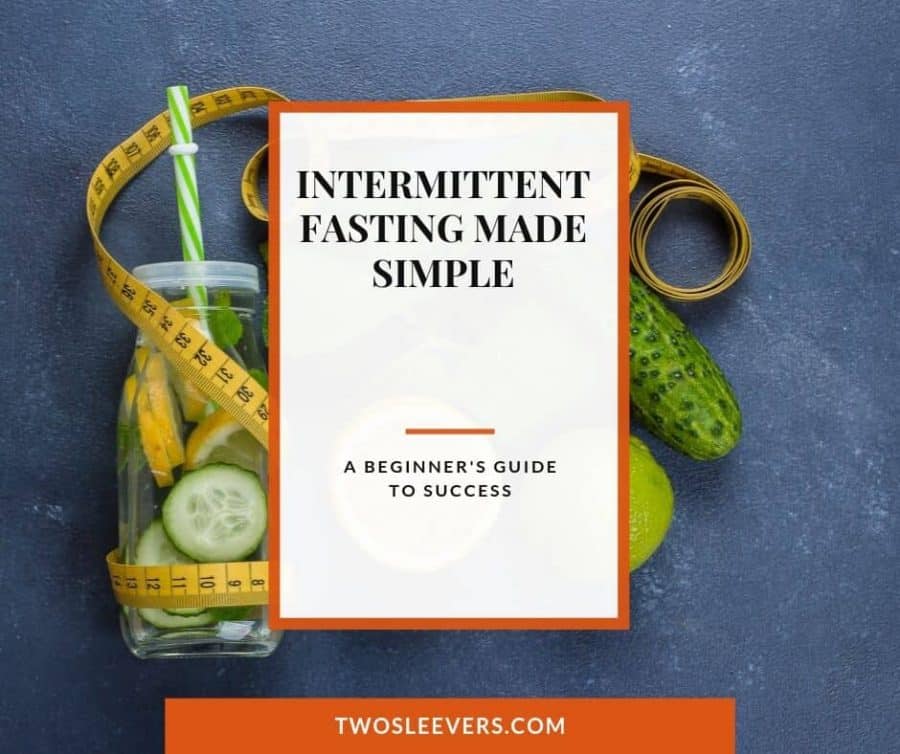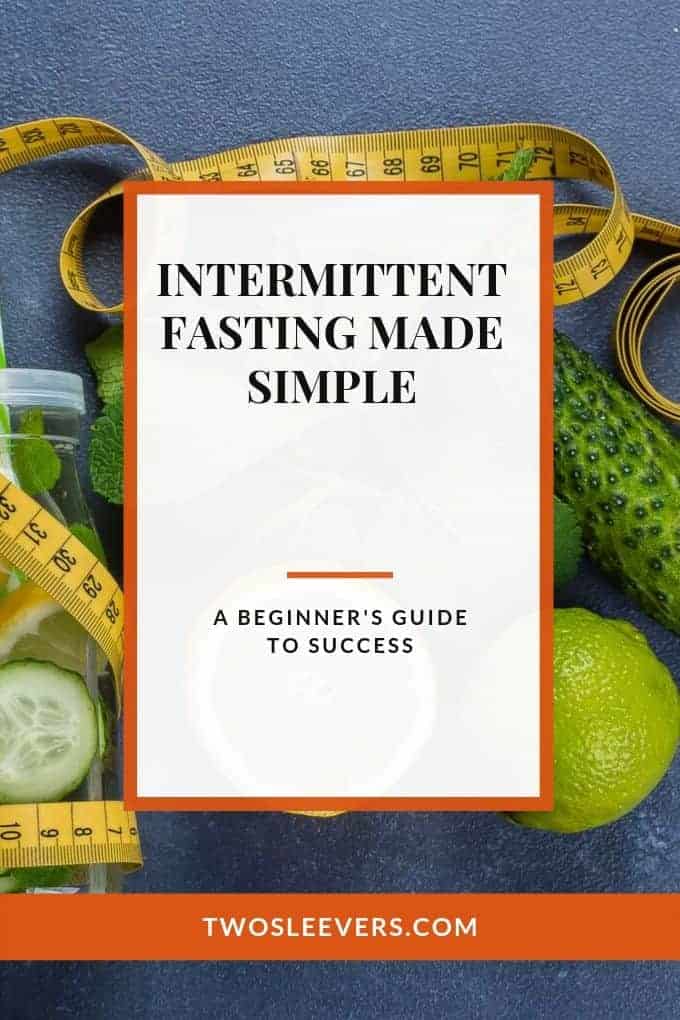Should you use Intermittent Fasting as part of your keto diet?
If you’ve been on a keto diet for any amount of time, I’m sure you’ve heard about Intermittent Fasting (or I/F) and wondered whether it’s something you should incorporate into your keto lifestyle. In this article, I’ll break down the facts on intermittent fasting so you can make an informed decision.

How Do You Do Intermittent Fasting?
The term “fasting” refers to the time of the day when you are in-between your meals. Conversely, your body is in a “feeding” or “feasting” state when you are eating your food.
There are a few approaches to intermittent fasting from easier to the more difficult:
- Skipped Meals. This is when you skip over a meal to induce extra time of fasting. Usually, people choose breakfast or dinner. This narrows your feeding time down to a shorter period.
- Eating Windows. This type of fasting condenses your entire macronutrient intake down to a specific window. A popular way to begin this is 16 hours of fasting and 8 hours of feeding, or 16:8. So for example, if you have your last meal at 6:00 p.m. you wouldn’t eat the next day until after 10:00 a.m. And yes, sleeping time counts towards fasting!
- 24-48 hour cleanse. This is where you go into extended fasting periods, and do not eat for 1-2 days. I don’t recommend doing this until you’re well into ketosis and stable, because fasting from a high carbohydrate diet can cause unstable blood sugar, cravings, mood swings, and low energy.
I always recommend that you begin slowly fasting by first playing with your eating window before diving into the extended cleansing fasts.
DO NOT START I/F UNTIL YOU ARE WELL INTO KETOSIS.
By the way, If you're struggling with any of this, come join my KETO FACEBOOK GROUP for support. We will talk you through it, hold your hand, and keep you from going crazy.
Benefits of Intermittent Fasting:
- Boosts Fat Loss: Because when you’re in ketosis you’re already burning fat for energy, fasting will knock your fat-burning into overdrive and help you to burn even more fat.
- Increases Insulin Sensitivity and lowers insulin blood levels. Your body cannot burn fat when insulin is circulating. So you want to reduce insulin in the bloodstream as much as possible. Nothing reduces insulin as much as not eating!
- Increases Muscle Mass. Many people worry that fasting will burn away some of their hard-earned muscle. In fact, studies have shown that a single 24-hour fast increased human growth hormone (HGH) by 2000% in men and 1300% in women. The reason this is so important is that HGH plays an integral role in building muscle. Research also shows that higher levels of HGH lead to lower levels of body fat, higher lean body mass and improved bone mass. Increased HGH also led to more supple skin in research subjects so it can even make you look younger.
- Improves Brain Function. Intermittent fasting increases a protein in your brain called BDNF, or Brain-Derived Neurotrophic Factor. BDNF improves learning and memory and can help you forge stronger neural pathways, making your brain run faster and more efficiently, which is especially important as you age. Some of the most effective ways to increase BDNF is through fasting and exercise.
- Slows The Aging Process. Fasting ramps up your stem cell production, which your body turns into whatever kind of cell it needs. Your body uses stem cells to replace old or damaged cells, keeping you younger on a cellular level. Stem cells are great for your skin, joints, old injuries, chronic pain, and more.
- Stimulates Autophagy. Autophagy means “self-eating,” and when autophagy turns on, your cells sift through their internal parts, get rid of anything that’s damaged or old, and install new cells. It reduces inflammation and boosts longevity. Intermittent fasting can trigger profound autophagy, especially in the brain.
- Lowers Inflammation. Intermittent fasting decreases oxidative stress and body-wide inflammation markers. Inflammation is the culprit behind everything from an upset stomach to sore joints to diseases. Keeping inflammation low will increase your longevity and help your body run better. (Source).
- Helps You Get Into Or Stay In Ketosis Faster. Nothing will get you into ketosis quicker than fasting. Often, if I've totally gone off the rails over the weekend, I start off with 18 hours of not eating, to help my body get back into ketosis faster.
- Reduces Caloric Intake Without Reducing Metabolic Rate. This to me, as a lifelong dieter, is the biggest advantage of intermittent fasting. Ordinarily, when you cut calories, you also reduce the rate at which your body burns calories. This is what makes weight loss so difficult! With intermittent fasting, however, your metabolic rate INCREASES during a fast. Think of this like a hungry animal on the prowl, looking for more food. Since you break that fast by eating rather than reducing calories over weeks on end, your body burns the food you eat without reducing its metabolic rate. (Source).
Why Keto And Intermittent Fasting Work So Well Together:
I/F is difficult on a normal diet because of the spikes in blood sugar that come when you eat carbs to the sugar crashes when you don’t. When you are on a Keto diet you won’t experience these highs and lows because your body is depending on fat for energy, not on carbohydrates.
If you pair a keto diet with fasting, your blood sugar will stay stable and low (but not crash) all day. The stability in your blood sugar level will eliminate the cravings, fatigue, and mood swings that make high-carb fasting so difficult.
